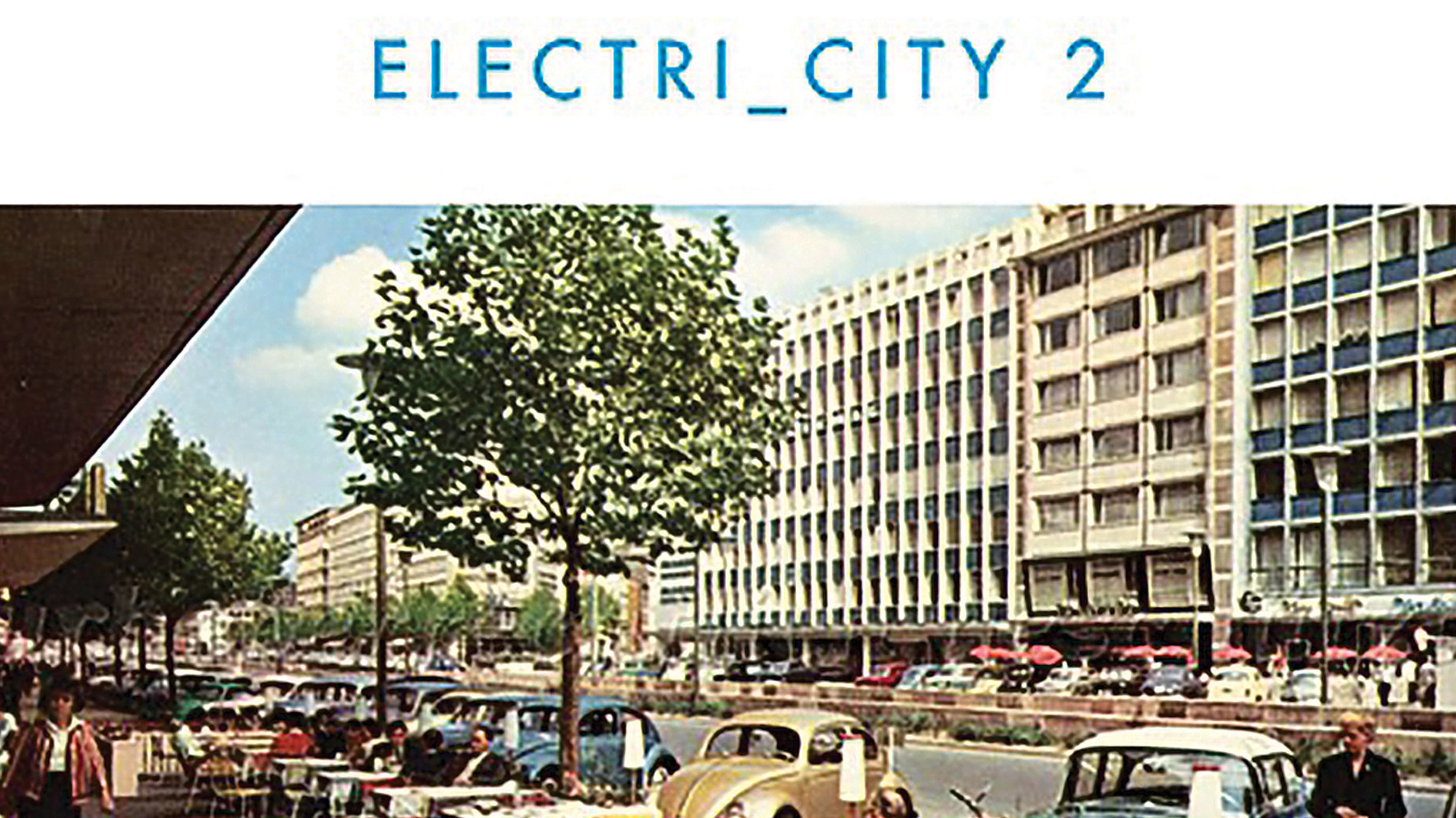Krautrock, despite the impression given by its ongoing ghettoisation at the hands of the rock media is an exceptionally broad church. Though defined by a degree of experimentation, it no more ‘sounds all the same’ than rock itself, yet within its confines there are observable subdivisions, the influence of geographical location looming bafflingly large. Just as the music of Detroit boasts a certain essential grit, so the music of Düsseldorf is somehow krautrock distilled. Stripped of loose-fitting, flared-everything, laissez-faire, hippie-dip improvisations and the honking saxophony of moustachioed jazz, Düsseldorf’s kraut has always been intrinsically digital. Even in the analogue era, Neu! produced music so clean and futuristic as to be, if not quite computer-generated, certainly the product of some form of musical Übermensch.
Of course, the ultimate incarnation of Düsseldorf digital came courtesy of Kraftwerk, yet while they aimed to fabricate a musik that was entirely elektronische, Neu! retained relatable humanity and a warmth that came with it.
If Kraftwerk were robots, then Neu! were androids. Superhuman, yes, but still emotionally impelled by hearts, souls and frequent dreams of electric sheep.
Electri-City 2, Grönland’s second collection of Kraftwerk-free Düsseldorf digital provides an exceptional krautrock primer. La Düsseldorf’s eponymous contribution showcases exactly where John Lydon sourced the raw sonic energy he brought to the Sex Pistols’ party, while DAF’s undeniable EDM catalyst Kebabträume is simply irresistible. Elsewhere, there’s the dark, futurescape of tragic Numan-blueprint Wolgang Riechmann’s Abendlicht (Riechmann was fatally stabbed shortly before his ’78 solo debut’s release); Michael Rother’s Karussell (a track that could remain entirely undetected on the second side of Low) and Isi, a scene-defining cut from Neu! 75 that perfectly demonstrates drummer Klaus Dinger’s lightness of touch and still sounds like the best of all possible futures.

